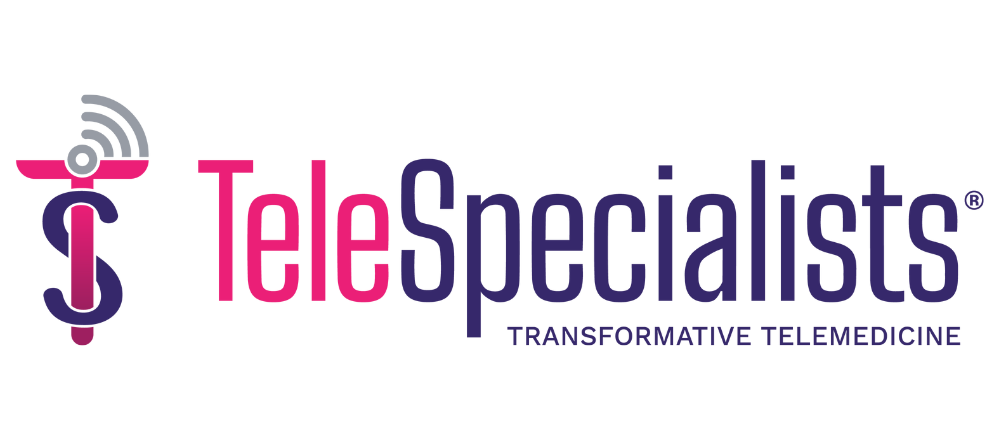
Philadelphia-based life sciences data analytics startup Blackfynn developed a way to aggregate data to support translational research in neuroscience. It’s received $2.3 million and added a new set of collaboration partners as it continues to build and extend its data analytics tools for research and development to a wider user base.
New funding for Blackfynn comes by way of the National Institutes of Health’s Common Fund program — Stimulating Peripheral Activity to Relieve Conditions or SPARC— Other Transactions Award. As part of winning the funding award, Blackfynn will develop the Data Core for the entire SPARC consortium. The company is one of three to receive this funding.

The Human Algorithm: What AI Can’t Replace in Pharma Engagement
At a time when AI is reshaping pharma, Reverba Global CEO Cheryl Lubbert explained in an interview why empathy, context, and ethics still require a human touch.
The mission behind SPARC is to further the peripheral neuromodulation field to precision medicine by making the complexities of nerve-organ interactions easier to understand. The goal is to enable the development of a new generation of therapeutic devices, according to a press release.
In another development, Blackfynn is poised to launch a platform to accelerate translational research at the upcoming Society for Neurosciences meeting in Washington, D.C. next week. The platform will initially be available to a limited number of investigators and foundations before it is rolled out to the academic community. Among early adopters are University of Pennsylvania’s Center for Neuroengineering and Therapeutics, the University of Pittsburgh, the University of Utah, the Epilepsy Foundation and Massachusetts General Hospital, according to the news release.
In an interview earlier this year, Blackfynn Cofounder and President Dr. Amanda Christini noted that one of the biggest obstacles facing everyone from Fortune 500 companies in pharma and medtech, hospitals right down to healthcare startups is the fragmented nature of the data they use, making the job of doing research and development tough.
“We hear from researchers that they spend 90 percent of their time putting research data into a format where they can use it and 10 percent of their time actually using it. If they can spend more time on [using that data to] spotting patterns …it could be transformative.”
Separately, Blackfynn has some medtech partners in the mix. It is collaborating with Medtronic on the medical device giant’s bioelectronic device to record and understand neurosignals to aid in the treatment of neurological conditions, specifically epilepsy. Mayo Clinic and University of Pennsylvania have also collaborated on the project. Blackfynn is developing an interactive event dashboard component for the device that could track the disease over time.
In another new partnership, the company will work with medical device business Moberg ICU Solutions. They will develop and commercialize applications enlisting Blackfynn data platform and Moberg devices to do realtime patient monitoring of EEG and other physiological data. The idea is that clinical researchers will be able to use this data to spot patterns and generate insights on predicting outcomes or identifying biomarkers for disease progression.
Earlier this year, Christini acknowledged the challenge of figuring out the best way to manage so much data.
“As a physician myself, I understand the challenges people face with managing all this data. We are focusing on therapeutic product development because the value and the need are so great. One reason we are not jumping into the clinical space is because it is not obvious how to do that.”
Photo: John Lund, Getty Images








